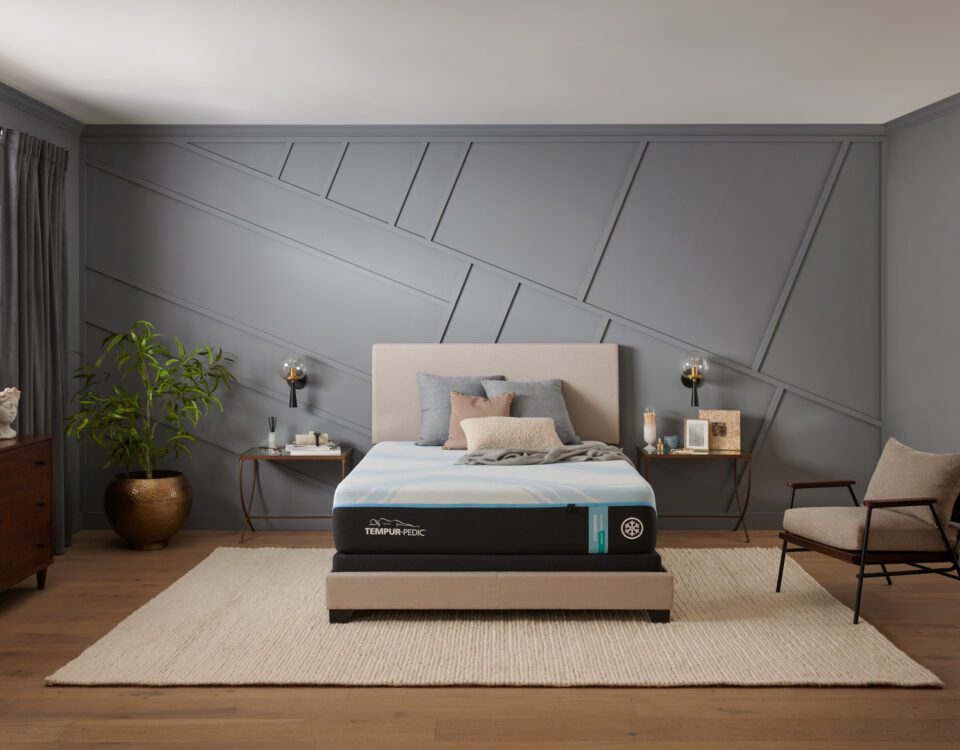NASA’s 70 Day Sleep Study

In a perfect world, we would all be able to sleep for as long as we pleased. Unfortunately, this is not a perfect world. But, don’t get discouraged just yet. Fortunately for us, NASA has just announced that they plan to spend $18,000 on a new 70 day study…about sleep!
NASA’s plan for the study involves a 70 day period in which they analyze the effects of microgravity on the human body. The agency has stated that they hope to gain valuable insight into “how an astronaut’s body will change in weightlessness during space flight in the future.”
For the study, which will split participants into either an exercising group or a nonexercising group, participants will be required to stay in bed for a 70 day, 24 hours a day period of time. The study consists of three parts: the Ambulatory Period, the Bed Rest Period, and the Recovery Period.
During the Ambulatory Period, participants from both groups will spend time moving freely throughout the facility, allowing scientists to study their bodies under normal circumstances before they crawl into bed.
Following the Ambulatory Period is the Bed Rest Period. This is when the hard work (or not so hard work) starts. During this time, participants will be required to stay in a tilted bed, only getting up to be monitored and tested by the scientists observing them. While participants will be allowed to be awake and doing things, they will not be allowed to be out of the bed. The bed will be tilted so that the feet are raised slightly above the head, simulating a zero-gravity situation. In fact, this position is often recommended for people who use adjustable frames for their mattresses. The zero-gravity position is very beneficial to a good night’s sleep.
Finally, the Recovery Period allows participants to recover from the experience over a 14 day period of time. During this time, participants will slowly be reintroduced to every day life. Although 70 days in bed sounds like a dream to some people, NASA is being sure to rigorously test both the physical and mental strength of its participants before they are accepted into the study. Dr. Roni Cromwell, a senior scientist on the study, has stated that NASA wants to “make sure we select people who are mentally ready to spend 70 days in bed. Not everyone is comfortable with that. Not every type of person can tolerate an extended time in bed.”
If you are one of those people who can spend 70 days in bed, you may not only be in for a restful experience but also a fruitful one. NASA will pay the participants of the sleep study about $5,000 a month for their involvement, which is a pretty sweet deal.
In the end, participants will spend anywhere from 97 to 105 days at the facility. With a $5,000 check a month, you could end up coming out of this experience with not only a pretty penny, but also a wealth of knowledge about sleep and the future of space exploration. If you think this study is your future calling, you can sign up here.
Cheers and sleep well.





